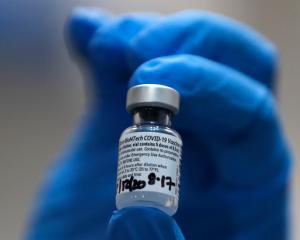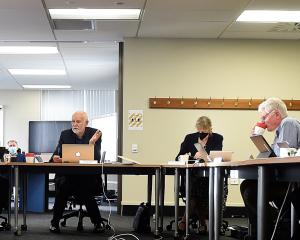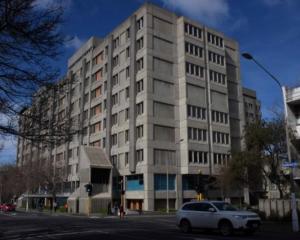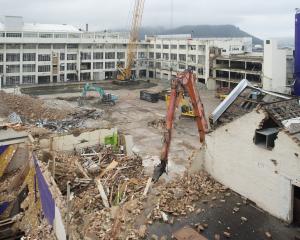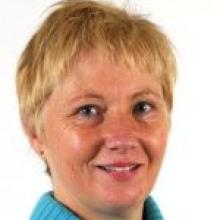
In its submission on recent Southern District Health Board management proposals for the hospital, the association lists 11 "serious and professional concerns" and predicts increased controversy on the issue.
Top of their list of concerns to be discussed with board management in Queenstown next week is the removal of the medical and nursing "swing shift" at the hospital between 11am and 9pm.
Board management believes it could save up to $500,000 a year on staff costs by redirecting people with non-urgent conditions to general practice between 10am and 8pm.
The association suggests the proposed subsidy for those who could not pay would "directly subsidise one of the most expensive after-hours care arrangements in the country".
If the board did this in Queenstown, it must "surely do so in the rest of the DHB".
The association said the swing shift had been introduced to improve safety and would still be needed even if an efficient method was found to divert patients with non-urgent needs.
A long-term proposal for an integrated family health centre, which would include an emergency department, would still require minimum core around-the-clock staffing to be safe.
The association questions the rationale of redirecting patients, saying triage categories were assigned after "a relatively cursory examination", giving the example of two triage four patients at the hospital during a recent weekend, one of whom had a sprained ankle and the other a broken back.
Among other issues are the lack of detail in the proposals, and fears that opportunities for providing a rural hospital training hub were likely to be lost if the board "destabilises the specialist workforce by insisting on a clinically unsafe service".
Association executive director Ian Powell said the College of Emergency Medicine had been "very close" to extending its registrar training programme to the hospital, which was "a huge plus".
Asked if the airing of public differences between the association and board chief executive Brian Rousseau meant reaching any agreements on any of the issues would be difficult, Mr Powell agreed there was polarisation.
He did not accept that he had contributed to that, but said there was a strong sense of betrayal from doctors at the hospital who had lost confidence in the leadership of the board.
For the parties to be able to move forward there would need to be a change of leadership style from the board.
There was provision in the multi-employer collective agreement to invoke dispute resolution procedures at a later stage, but decisions made without such intervention would have a stronger foundation, he said.
Mr Rousseau said he did not have a problem with Mr Powell and would continue to "stick to the facts".
The public controversy would not have any negative influence on how he intended to proceed "in my discussions with the association and staff in addressing the issues they have raised".
"If we can reach an agreement on the way forward that will be good, and if we can't, then I will be open to suggestions as to how we can get to an agreement." Mr Powell said the union was not opposed to collaboration with the private sector, but was in fact supportive of it.
The best way to to enhance collaboration and integration between primary and secondary care in Queenstown was to jettison the family health centre proposal and get clinicians talking to each other.
The association would want to be a part of the discussion, he said.

